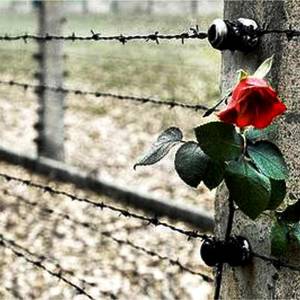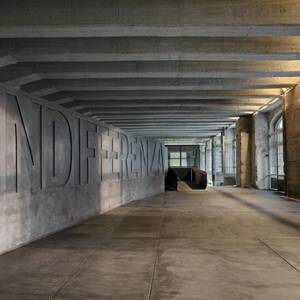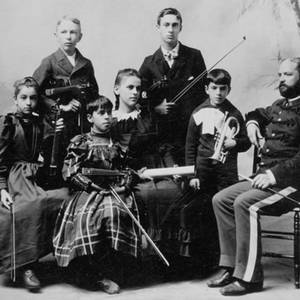Giornata della Memoria. Riflessioni nel corso della lettura dei nomi dei 9700 ebrei italiani deportati. Che il ricordo della Shoah apra gli occhi sul presente
You chose: remembrance day
-
-
For a decade, the Consulate general has organized this annual public reading to remember the about 3000 people who were forced to leave Italy often among indifference. We asked people and authorities who attended the commemoration why it is important to remember. “Not to repeat” was the common response. Yet the fear of the “others” and indifference seem still present beyond the rhetoric.
-
Designated by the UN General Assembly in 2005, International Holocaust Remembrance Day Jan. 27 marks the 74th anniversary of the liberation from Nazi concentration camps. Events honoring the Shoah take place throughout Italy, from Palermo to Turin.
-
On January 27, the “Giorno Della Memoria” (or Holocaust Memorial Day), will be celebrated in Italy for the 15th year, perhaps enough to make a provisional assessment and some reflections. Meanwhile in New York City, a civil ceremony will take place outdoors, in front of the Italian Consulate. Starting in the morning and extending into the day, we will read the names of each one of the roughly 9,000 Jews deported from Italy and the Italian occupied areas.
-
The Point of participating in one of the many upcoming events scheduled in New York City. Remembrance Day is not for the victims; they can’t forget. And they certainly don’t need a special anniversary to do so. As the son of an Auschwitz survivor arrested in Florence, I don’t need a special date either.
-
What is a genocide and how does it occur? This is a question that we Italians can and should ask as Remembrance Day (January 27th) approaches again this year. We should ask ourselves if what e remember and how we remember is enough. And, we should take into consideration the sense of saturation that this institutional recurrence can provoke in some of us. Can we try to ask some new historiographical questions this year, seventy years after the beginnings of the deportation from Italy? Is the category of genocide useful for the historical interpretation of the Holocaust in Italy, and specifically of the Italian participation in the deportations and extermination of Jews in 1943-45?
-
On January 27, 1945 the Soviet Army entered and liberated the extermination camp of Auschwitz, starting the liberation process. This date was chosen in the year 2000 to commemorate the victims of the Holocaust and to promote the fight against racism. The Consulate General of Italy in New York, Italian Cultural Institute, NYU Casa Italiana Zerilli Marimò, Italian Academy at Columbia University, Calandra Italian American Institute at CUNY, Centro Primo Levi New York present a series of events
-
On the occasion of the Remembrance Day, i-Italy publishes again this interview released on 27th January 2009. An encounter with journalist Andrea Fiano, member of the Board of Directors of the Primo Levi Center (NYC). He is the son of Nedo Fiano, an Auschwitz survivor, and the father of Talia, an Italian American teenager
-
A series of events in Washington DC and throughout the United States will honor the victims of the Holocaust
-
With the patronage of the Italian Consulate and Primo Levi Center, the recurrence of the Day of Remembrance has been expanded to become the Week of Remembrance. A series of events in honor of the Italian victims of the Holocaust







































